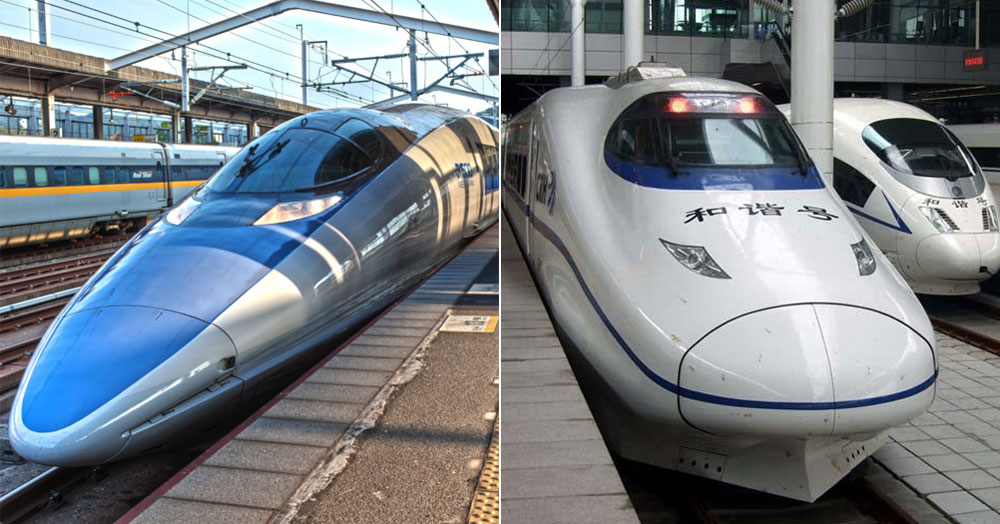It is freezing in Singapore, but the competition for the Kuala Lumpur-Singapore High Speed Rail (HSR) is heating up.
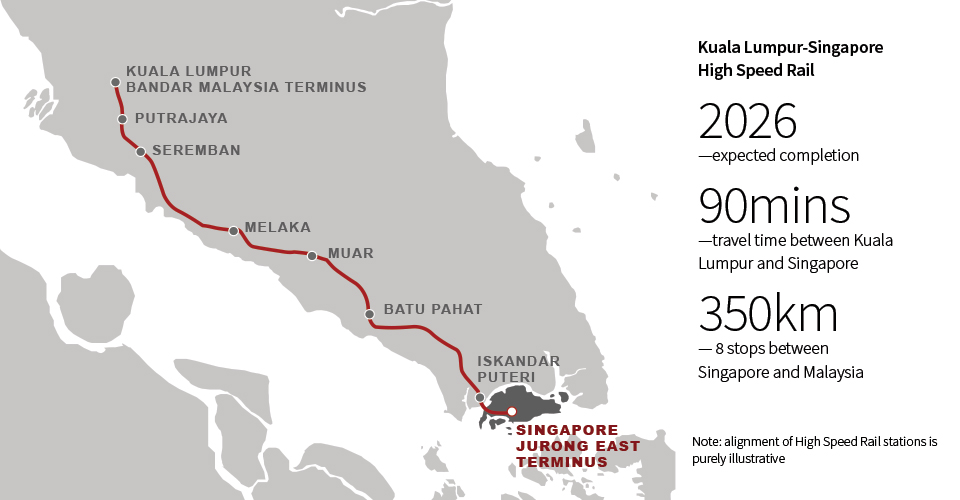 Source: Land Transport Authority website.
Source: Land Transport Authority website.
Bids for the HSR must be submitted by mid-2018, with the contract expected to be awarded by year-end.
Japan's going all-in
A few days ago, Japan’s Ambassador to Malaysia, Makio Miyagawa, told Malaysian national news agency Bernama that Japan will be offering its "best suited technologies" to Malaysians and Singaporeans.
Miyagawa subsequently proceeded to entice Singapore by saying that Japan would also offer full-fledged training for the officials, operators and engineers of both countries so that they can start the operations by themselves from day one.
Miyagawa is definitely on a charm offensive to convince Malaysians, conducting another interview with Malaysian business radio station, BFM, to tout its technology and proposal.
Japan is confident, as its excellent track record pays off (Pun intended)
Miyagawa has several reasons why he thinks the Japan bid will be the most compelling one.
First, the Shinkansen, colloquially known in English as the "bullet train".
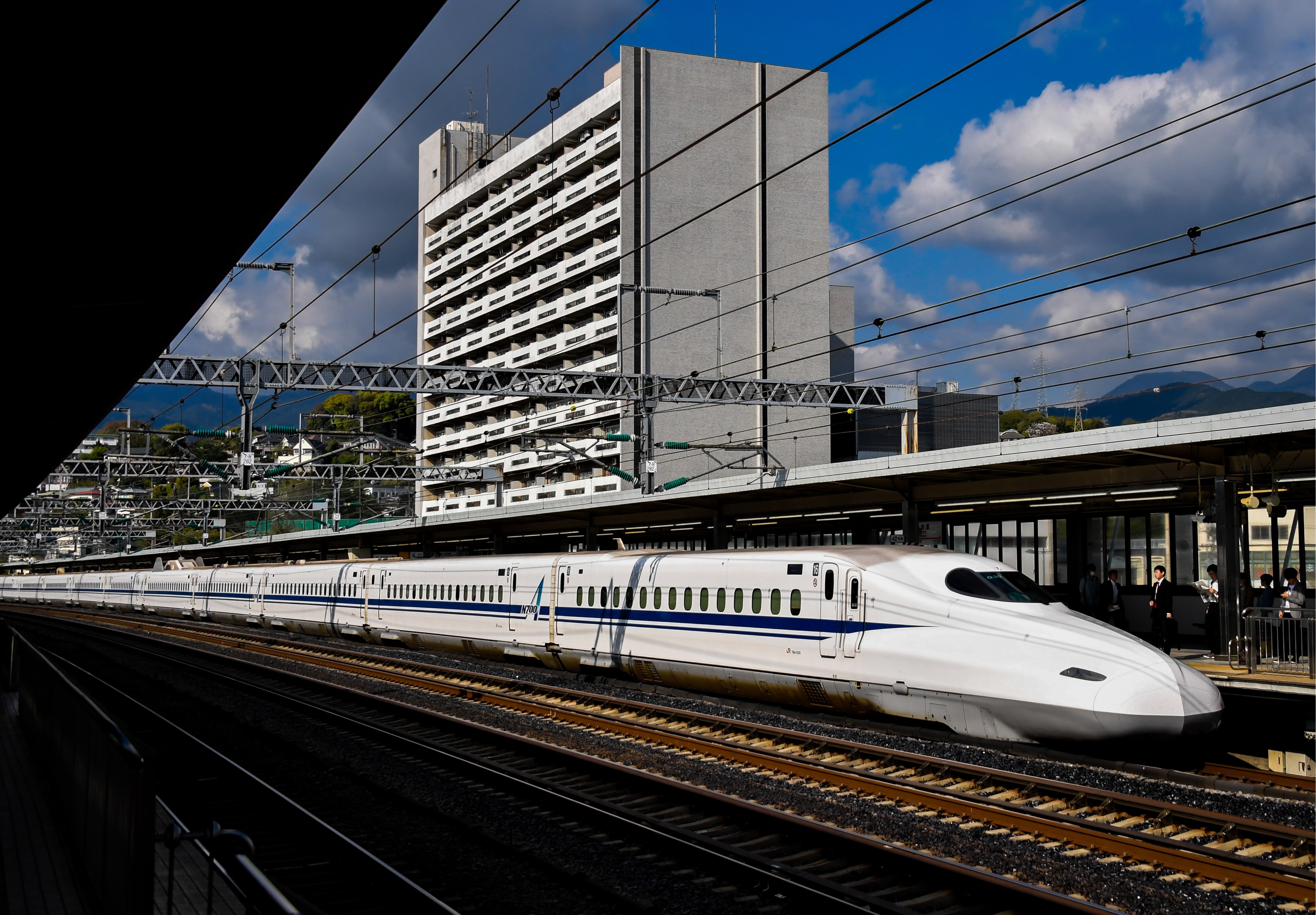 A Nozomi train of the Shinkansen high-speed railway lines seen at Odawara Station in Kanagawa Prefecture. Yuri Smityuk/TASS (Photo by Yuri SmityukTASS via Getty Images)
A Nozomi train of the Shinkansen high-speed railway lines seen at Odawara Station in Kanagawa Prefecture. Yuri Smityuk/TASS (Photo by Yuri SmityukTASS via Getty Images)
As Miyagawa puts it, "Japan invented the bullet train technology".
Nuff said.
Second, the Shinkansen's excellent track record and safety record.
Over the Shinkansen's 50-plus year history (since 1964), there have been ZERO passenger fatalities due to derailments or collisions.
And this is on the back of carrying over 10 billion passengers, with frequent earthquakes and typhoons in Japan.
When an early discovery of a 10cm crack was found in its undercarriage in a Shinkansen along West Japan Railway Co. last December, the president bowed in apology.
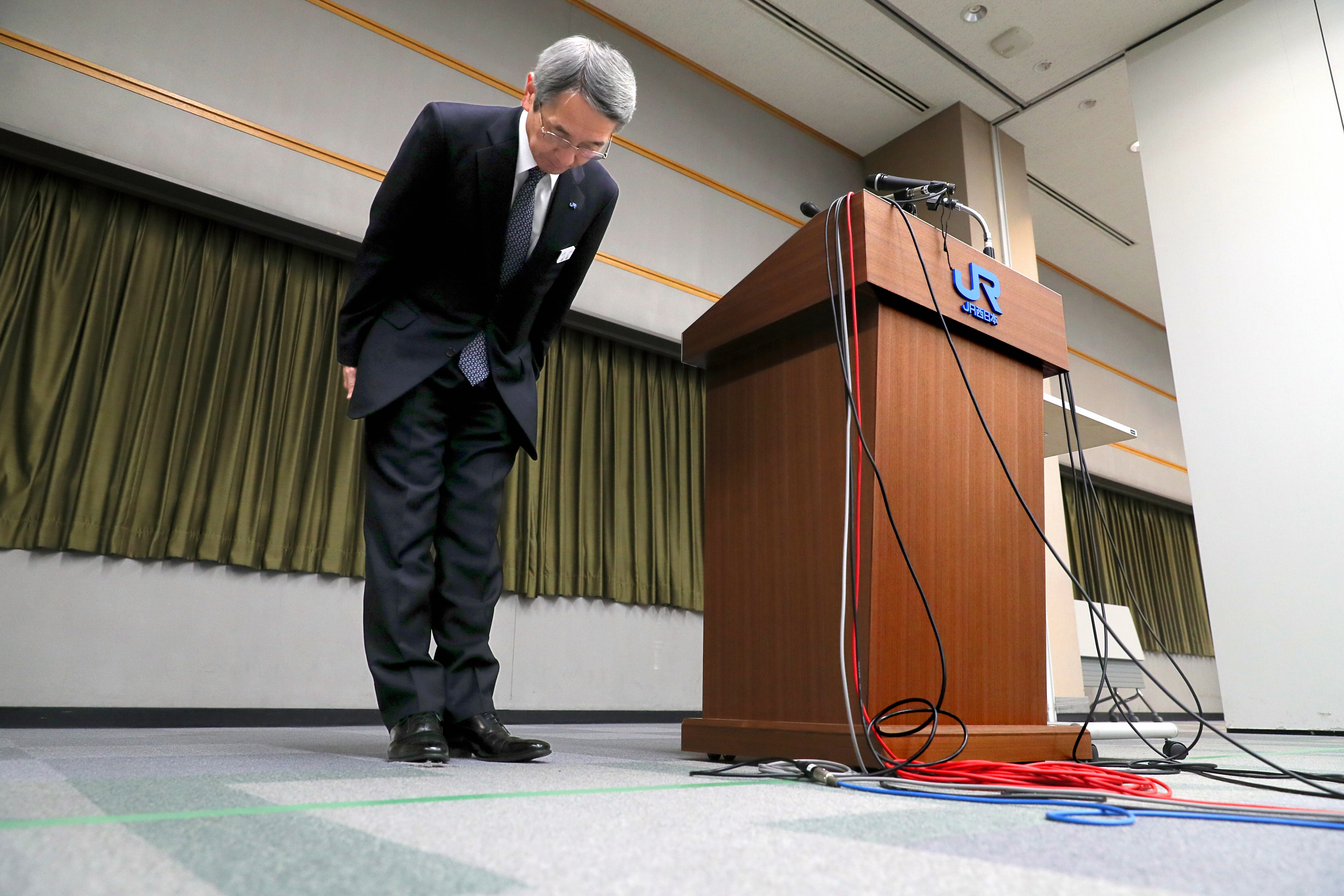 Photo by The Asahi Shimbun via Getty Images
Photo by The Asahi Shimbun via Getty Images
Third, its experience with operating the HSR in different countries.
Miyagawa told BFM that "the system is also in the process of being adopted by India, Thailand and the United States, while already operational in Taiwan".
Fourth, its desire to work with both Malaysian and Singaporean companies.
Miyagawa told Bernama that Japan will strive to transfer its technology and local vendor development to benefit both Malaysian and Singaporean companies, including small and medium enterprises.
"Japan would also like to offer the most comprehensive financial package which would certainly help the two nations to reduce as much of their financial burden as possible in introducing this system," Miyagawa told Bernama.
China courting Malaysia and Singapore with a day-long symposium
Last November, the China's National Development and Reform Commission (NDRC) held a forum at Shangri-La Hotel in Singapore to promote its HSR expertise.
It was attended by representatives of Singapore's Ministry of Transport, including Transport Minister Khaw Boon Wan.
[related_story]
Cheapest, fastest, longest
In the symposium, vice-chairman of the commission Ning Jizhe highlighted how China has the world’s fastest and longest HSR system.
Ning said that their HSR is more than 22,000km, accounting for more than half of the world's HSR mileage and carrying about 15 million passengers daily with trains that can hit speeds of 350 km/hour.
To sweeten the pitch, Ning said that the Chinese proposal, at about 60 percent of the required construction costs, will be less expensive than rival proposals from Japan and Europe.
Ning also came up with a novel yet compelling reason to choose China -- its experience with the running of HSR in tropical climates.
Ning referred to its HSR around southern Hainan Island, adding that it is the "world's only tropical round-island HSR".
In other words, China would have a better understanding of how to manage and maintain the HSR in Singapore's local climate.
Upcoming Singapore-Malaysia leaders' retreat to discuss high-speed rail
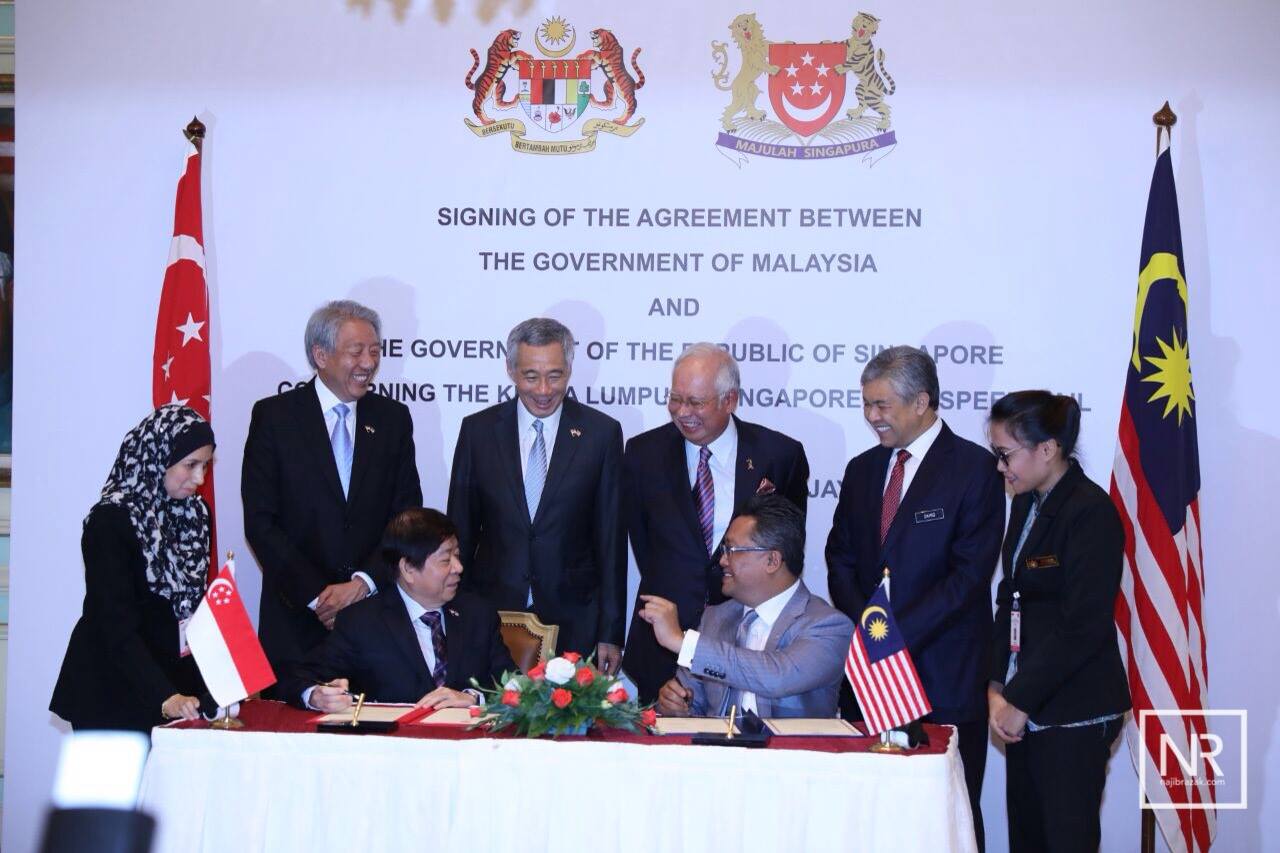 Najib and Lee witnessed the signing of a bilateral agreement for the KL-S'pore HSR at the Malaysia-Singapore Leaders' Retreat in Putrajaya in 2016. Source: PMO Malaysia Facebook.
Najib and Lee witnessed the signing of a bilateral agreement for the KL-S'pore HSR at the Malaysia-Singapore Leaders' Retreat in Putrajaya in 2016. Source: PMO Malaysia Facebook.
Malaysian Prime Minister Najib Razak will visit Singapore to attend the eighth Singapore-Malaysia leaders' retreat with Prime Minister Lee Hsien Loong from Jan. 15 to 16.
The Straits Times noted that the leaders are expected to discuss the construction of the HSR during the retreat.
Will it be Japan or China? Or could a dark horse like South Korea and France achieve a come-from-behind victory?
If both the governments choose wisely, fellow Malaysians and Singaporeans will be winners in this deal.
If you like what you read, follow us on Facebook, Instagram, Twitter and Telegram to get the latest updates.
